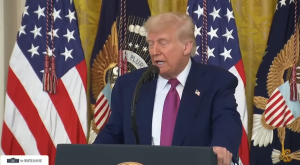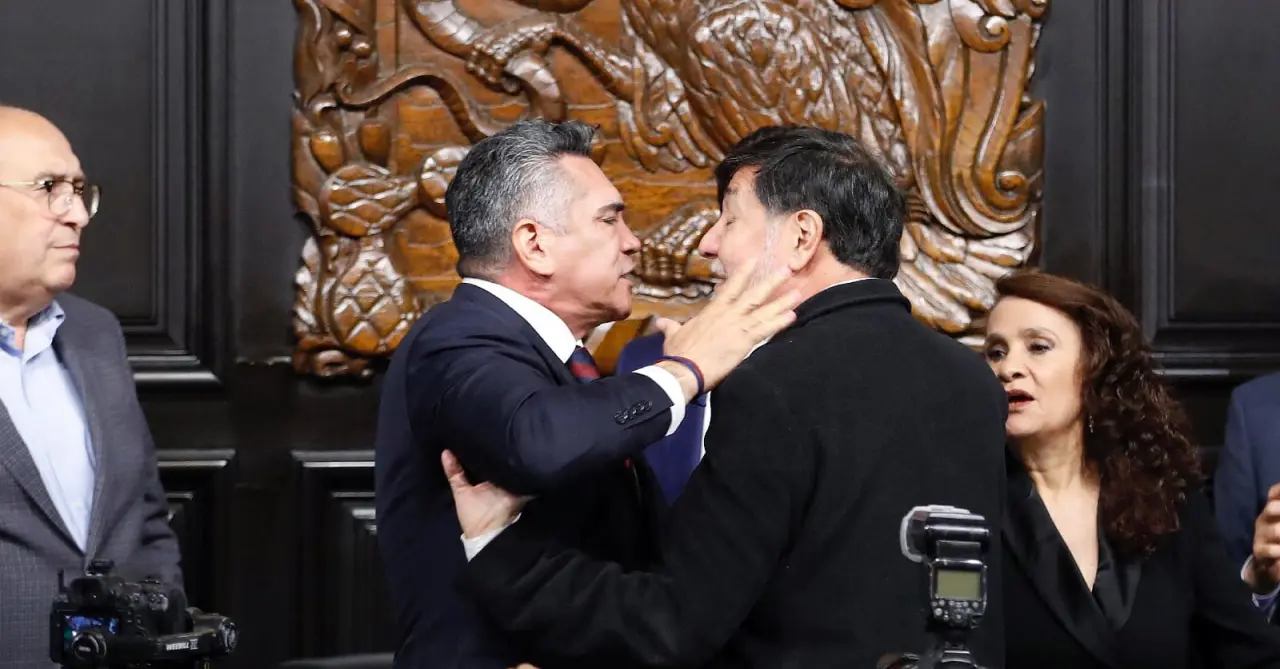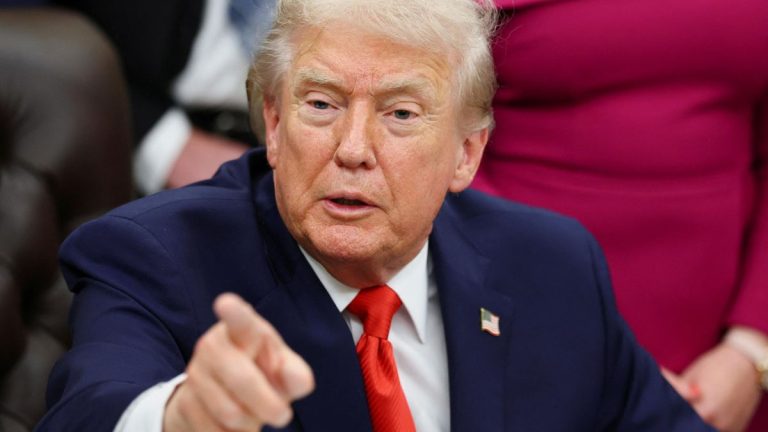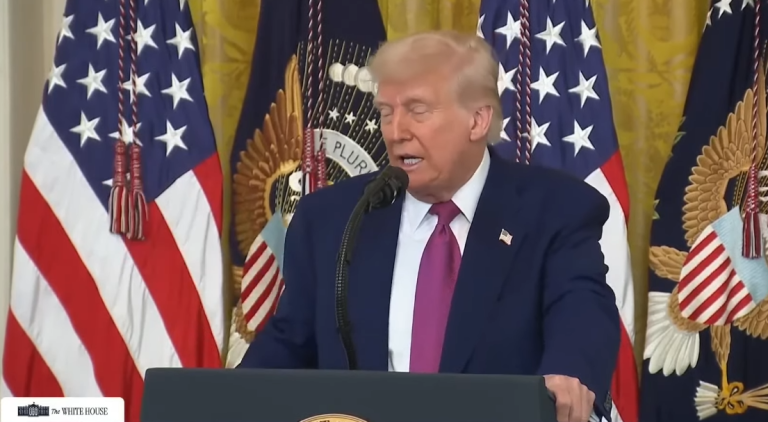The Mexican Senate, usually a venue for rigorous debate and policy disputes, turned into a scene of chaos and physical confrontation this past Wednesday when a heated disagreement spiraled into violence. Lawmakers and citizens alike were left stunned as an incident broadcast live revealed one of the most aggressive episodes in recent memory, underscoring the sharp political divisions running through Mexico’s institutions.
The altercation began near the conclusion of the day’s session as lawmakers stood to sing the national anthem. According to multiple reports, Alejandro “Alito” Moreno, the leader of the Institutional Revolutionary Party (PRI), approached Senate President Gerardo Fernández Noroña. Moreno, already agitated by earlier exchanges, demanded to be given the floor once again.
Footage from the official Senate livestream showed Moreno shouting, “I’m asking you to let me speak,” as he forcefully grabbed Fernández Noroña’s arm. The presiding officer quickly snapped back, “Don’t touch me,” before the confrontation escalated into shoving.
Within moments, the scene degenerated into chaos. Lawmakers rushed forward, a photographer was knocked to the ground, and another PRI legislator joined the fray by throwing punches. Security staff and colleagues scrambled to pull the men apart as others looked on in disbelief.
Fernández Noroña later told reporters that Moreno’s actions were not merely aggressive but threatening. “He started pulling on me, touching me, pushing,” the Senate president recounted. “He hit me and said, ‘I’m going to beat the sh*t out of you, I’m going to kill you.’”
Condemning the episode as unacceptable, Fernández Noroña announced his intention to convene an emergency session on Friday to address disciplinary measures. He indicated that he would propose expelling Moreno, along with three other PRI senators accused of participating in the confrontation. “This institution cannot tolerate threats of violence, much less physical aggression on the floor of the Senate,” he declared.
Moreno, however, offered a starkly different version of events. Taking to social media, he accused Fernández Noroña of striking him first. In a translated post on X, formerly known as Twitter, Moreno claimed that ruling coalition members had sought to provoke opposition senators throughout the day. “They began to surround Noroña,” Moreno argued, framing himself and fellow PRI members as victims rather than instigators.
The clash followed a tense debate over the presence of foreign armed forces in Mexico, a sensitive subject that has historically inflamed passions across party lines. While sharp exchanges are common, outright violence inside the chamber is exceedingly rare and drew swift condemnation.
Commentators described the incident as emblematic of Mexico’s worsening polarization. Once the country’s dominant political force, the PRI has been reduced in recent years to an opposition role, where it continues to wield influence but struggles to reclaim its former prominence. Moreno, who has led the party through this turbulent period, is no stranger to controversy, frequently deploying combative tactics both inside and outside the legislature.
Fernández Noroña, aligned with the ruling coalition, is himself a polarizing figure known for his fiery speeches and confrontational style. Both men have reputations for pushing boundaries, which perhaps made Wednesday’s eruption less surprising in hindsight, though no less shocking in its execution.
Videos of the melee spread rapidly across social media platforms, sparking widespread outrage and embarrassment. Hashtags related to the fight trended nationally, with citizens expressing dismay at what many considered a disgraceful episode in Mexico’s political history. Some users framed the scene as a metaphor for a country whose political class appears increasingly unable to engage in constructive dialogue.
By Wednesday night, senators from across the political spectrum issued statements condemning the violence. Calls for restraint, accountability, and respect for institutional norms echoed across party lines, though many quietly acknowledged the decision to expel Moreno and his colleagues would pose a significant political challenge for Fernández Noroña.
The incident raises broader questions about the state of Mexico’s democratic institutions. Legislative chambers are designed to channel conflict into debate, compromise, and lawmaking, not physical confrontation. When disagreements escalate into violence, the credibility of these institutions risks erosion, potentially deepening citizens’ disillusionment with politics.
As the emergency session approaches, attention now turns to how the Senate will discipline its members and whether the body can restore a sense of decorum. What is clear is that the altercation has already left a mark on public consciousness. For many, the images of shouting, shoving, and punches thrown in the very heart of Mexico’s legislative process will not soon be forgotten.

James Jenkins is a celebrated Pulitzer Prize-winning author whose work has reshaped the way readers think about social justice and human rights in America. Raised in Atlanta, Georgia, James grew up in a community that instilled in him both resilience and a strong sense of responsibility toward others. After studying political science and creative writing at Howard University, he worked as a journalist covering civil rights issues before dedicating himself fully to fiction. His novels are known for their sharp, empathetic portraits of marginalized communities and for weaving personal stories with broader political realities. Jenkins’s breakout novel, Shadows of Freedom, won national acclaim for its unflinching look at systemic inequality, while his more recent works explore themes of identity, resilience, and the fight for dignity in the face of oppression. Beyond his novels, James is an active public speaker, lecturing at universities and participating in nonprofit initiatives that support literacy and community empowerment. He believes that storytelling is a way to preserve history and inspire change. When not writing, James enjoys jazz music, mentoring young writers, and traveling with his family to explore cultures and stories around the world.









